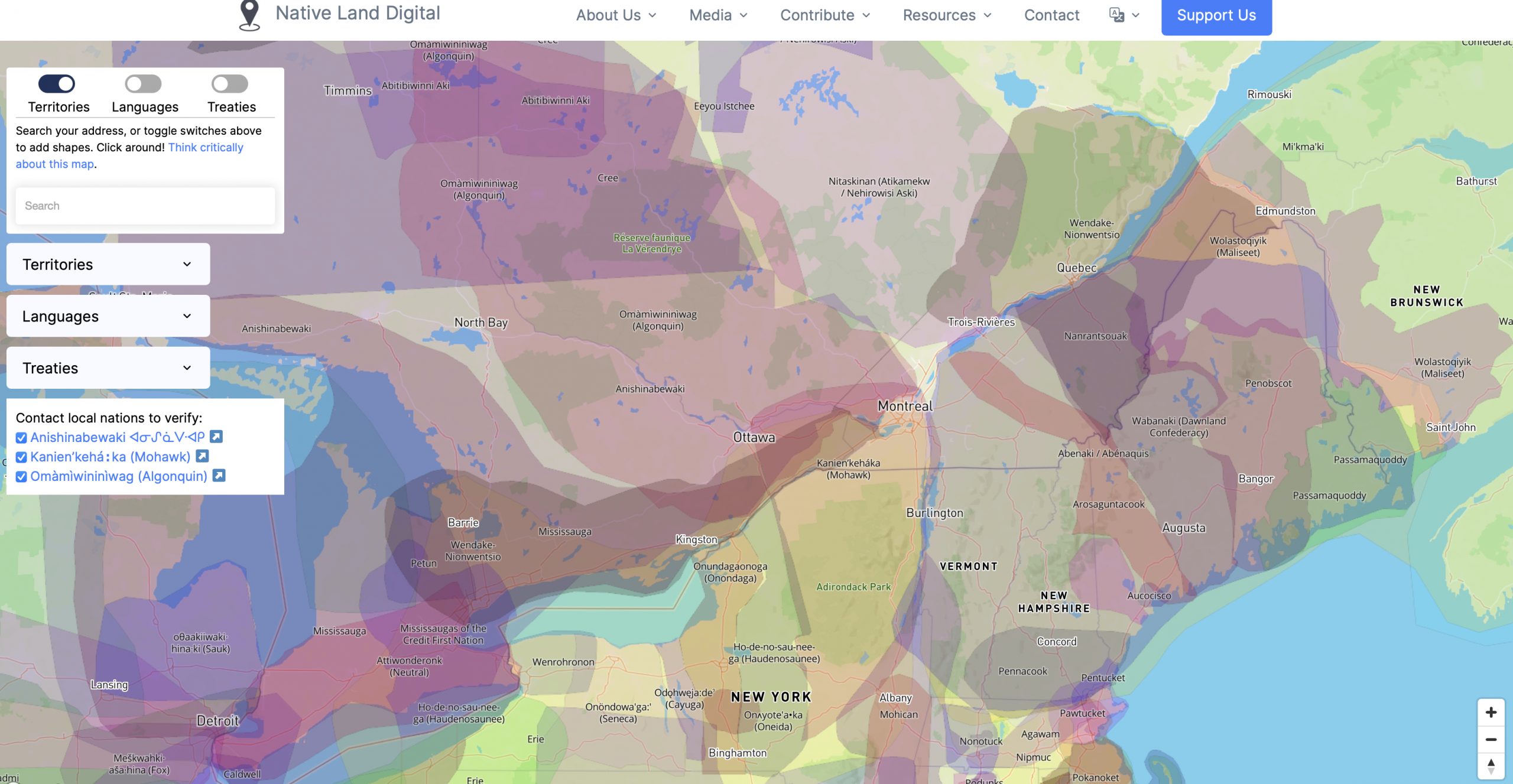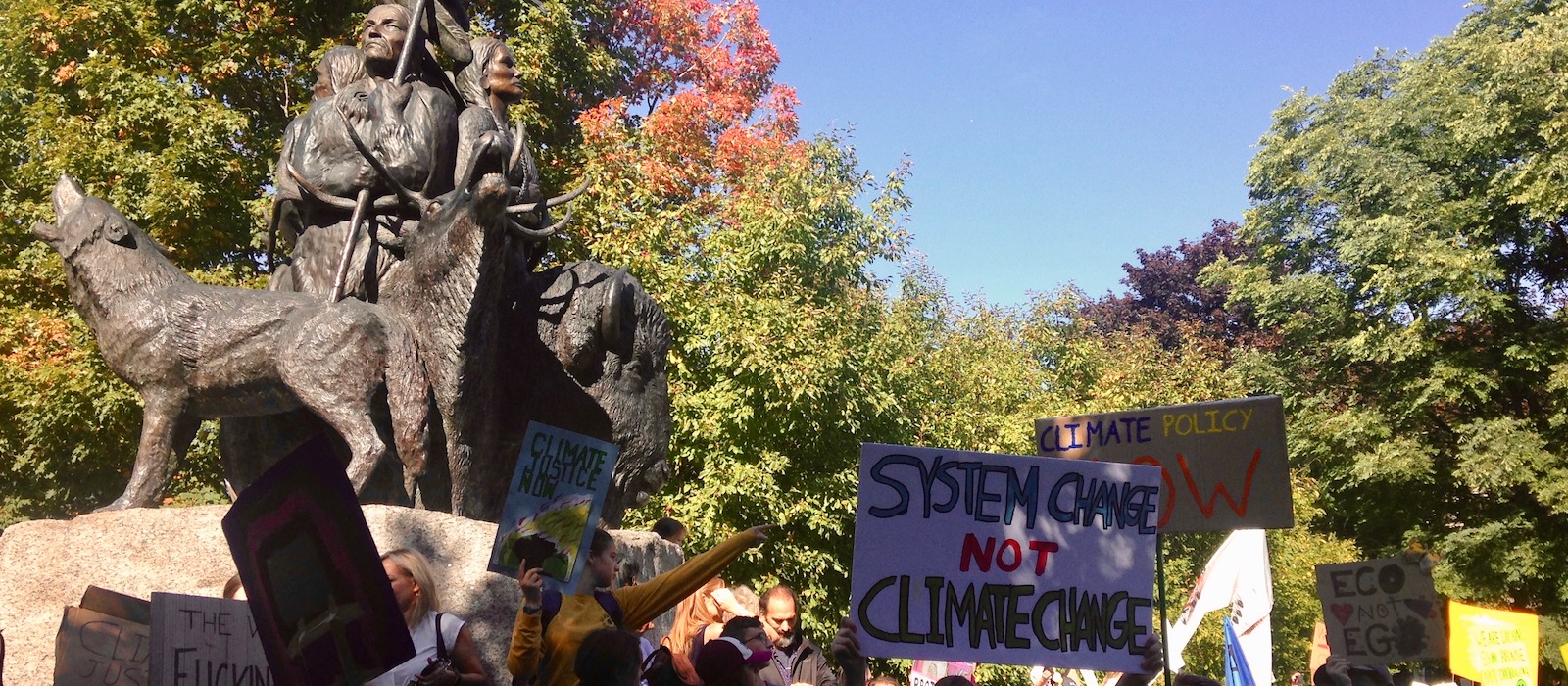KNOWLEDGE AREAS FOR CLIMATE ADAPTATION
Join us on June 3 and 4 for two sessions of panel discussions, the first online ICOMOS University Forum.
Learn about key concepts, methods and resources that can help transform your work as heritage educators in transitions towards changing times. Join us to hear from experts discussing what you need to know about Climate impacts and heritage vulnerability, Urban and building resilience and adaptation, Materials resource reuse and equity, Climate justice and Indigenous knowledge and governance, and other key topics changing what we should teach. For more information and to register:
Panelists and speakers include: Cathy Daly, Courtney Vaughan, Deniz Ikiz Kaya, Georgina Cundill-Kemp, Lorna Crowshoe, Lori Ferris, Mark Thompson Brandt, Oriel Prizeman, Paloma Guzman, Rohit Jigyasu, Thea Dickinson, and Will Megarry. Moderating and responses by: Abi Kang, Claudine Déom, Mario Santana Quintero, Miquel Reina Ortiz, Shabnam Inanloo Dailoo, Susan Ross. See also the programme and speaker information.
This is the first event of Just Transitions: Heritage Education for Climate Adaptation, organized by Canadian academic members of the Climate Heritage Network and the National Roundtable for Heritage Education. Subsequent events planned for Fall 2022 will showcase new educational models and involve students in learning through case studies.
Land acknowledgement for the ICOMOS University Forum: For those of us at Carleton University, the lead organization for the first JTHECA events, we recognize that we are fortunate to live and work in traditional never-ceded Algonquin Anishinaabe territory and we acknowledge our responsibilities to Omamiwininiwag (Algonquin people) including to adhere to Algonquin cultural protocols. We also acknowledge that the national capital region of Ottawa-Gatineau –and by extension the university– profits from Algonquin stewardship over millenia of the broader landscape of the Kitchessippi watershed. It is this powerful sacred landscape that provided the settler colonial state of Canada with a rich landscape of resources and politics that is celebrated in multiple forms of heritage designation and ongoing projects of conservation. The project of reconsidering the heritage values of these places from Indigenous perspectives is only beginning.
Related resource: Carleton University Algonquin Territory Acknowledgement

Map from Native-Land.ca of the territories around Ottawa-Gatineau.


